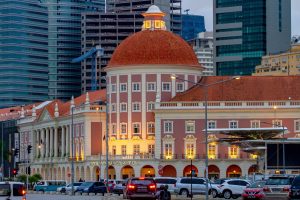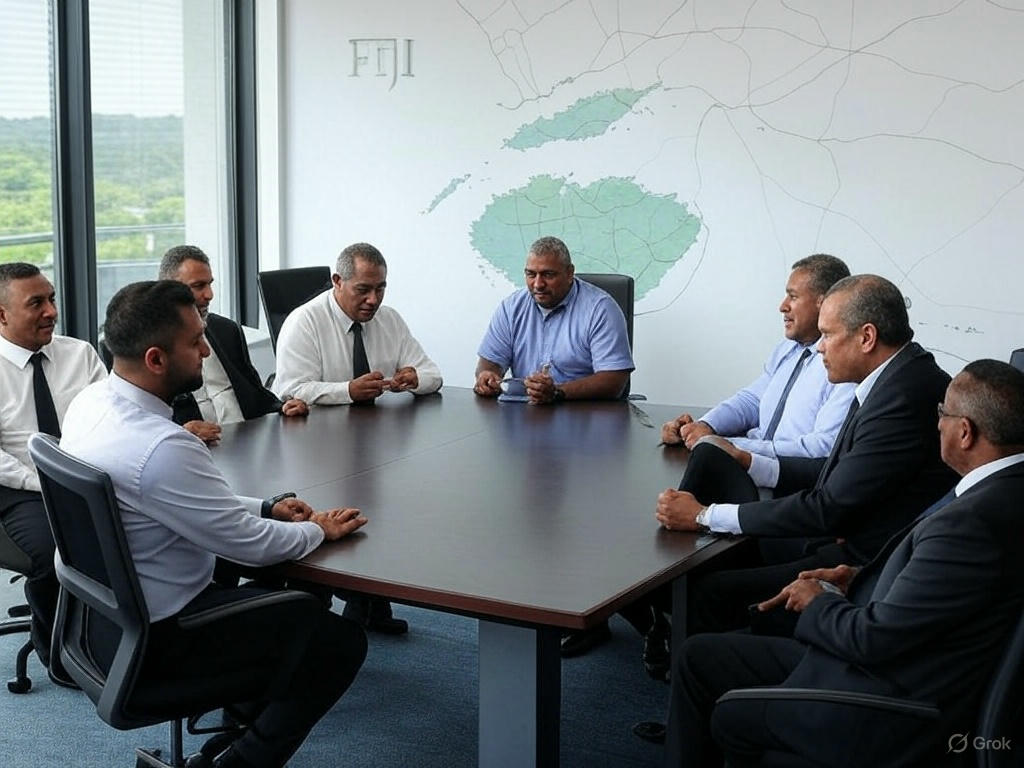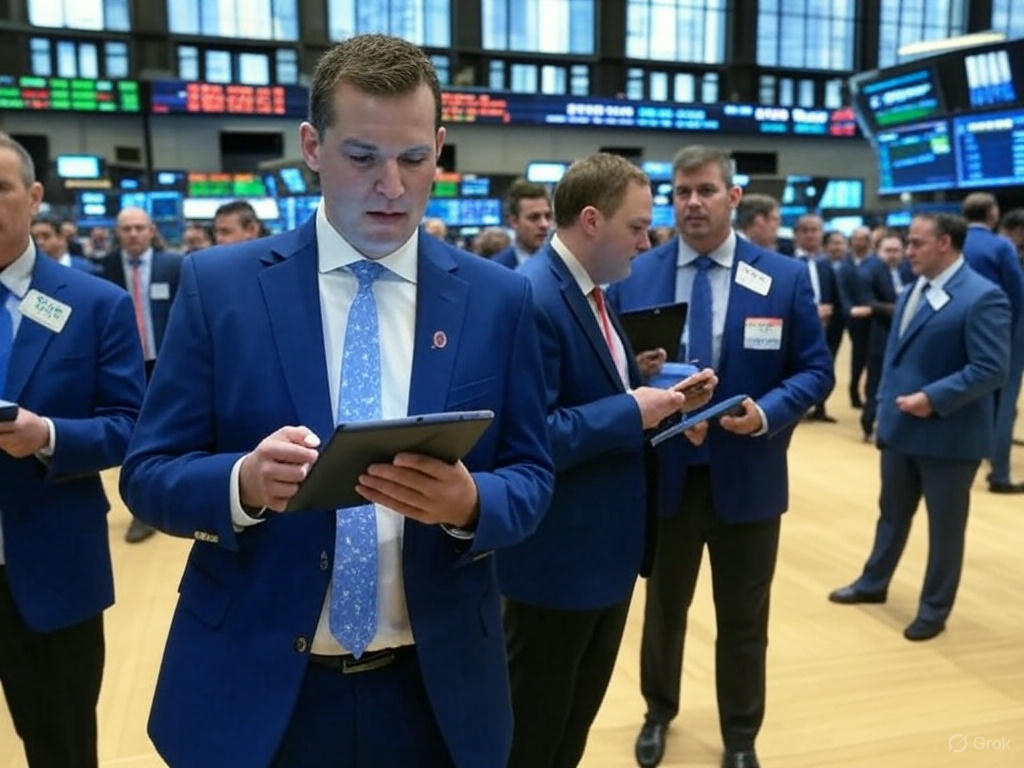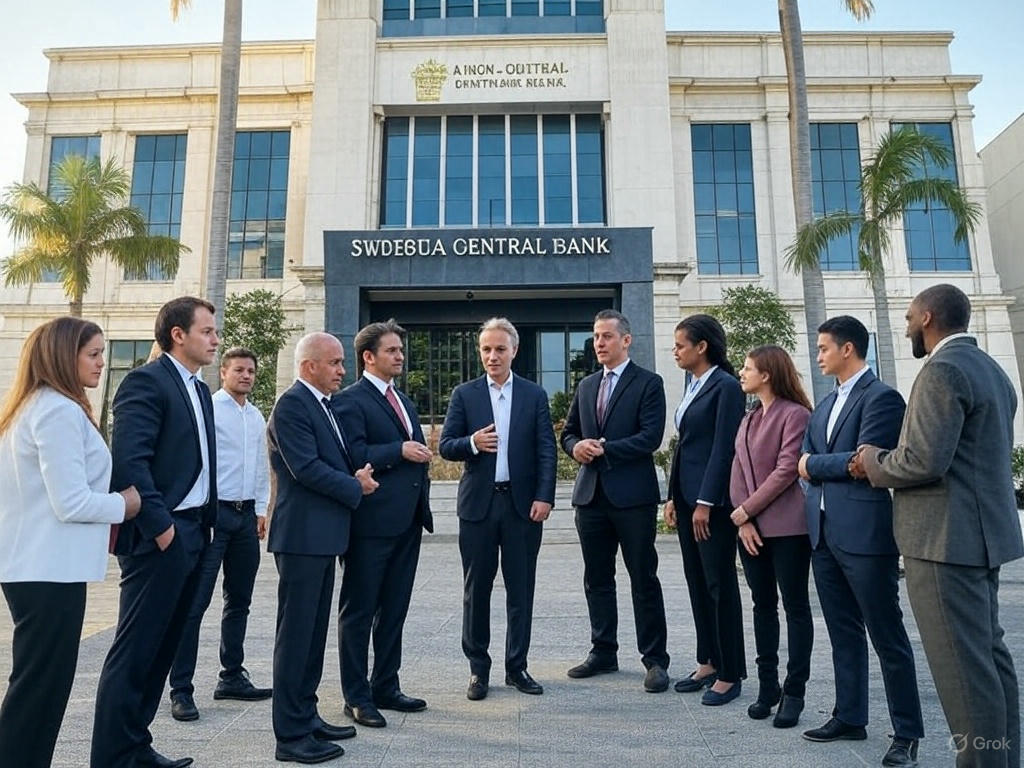The International Monetary Fund (IMF) Executive Board has concluded its 2024 Article IV consultation with Angola, highlighting the country’s economic recovery, persistent fiscal and monetary challenges, and the need for continued reforms.
Economic Recovery in 2024
Angola’s economy rebounded in 2024, driven by a resurgence in the oil sector and broad-based growth in non-oil industries. The country’s gross domestic product (GDP) grew by an estimated 3.8%, surpassing initial forecasts. The non-oil sector expanded at 3.9%, supported by government-led initiatives to diversify economic activities.
A key positive development was the decline in Angola’s public debt-to-GDP ratio, which benefited from higher nominal GDP growth and sustained primary surpluses. However, despite these improvements, fiscal consolidation efforts weakened as capital expenditures increased and fuel subsidy reforms progressed more slowly than anticipated.

The IMF Directors emphasized the importance of effectively implementing new supervisory regulations and developing a robust financial stability framework, including strengthened safety nets. They advised addressing remaining vulnerabilities from the sovereign‑bank nexus, high NPLs, and problem banks, and looked forward to the upcoming FSAP assessment.
Monetary and Exchange Rate Challenges
Inflationary pressures persisted throughout 2024, fueled by exchange rate volatility and rising food prices. The central bank responded by increasing the monetary policy rate by 150 basis points and streamlining liquidity management to better align interbank rates with the policy rate. The national currency, the kwanza, depreciated by more than 10% against the U.S. dollar amid adverse market expectations and high external debt service obligations. Nevertheless, active cash and debt management by the government helped mitigate liquidity pressures.
Outlook for 2025 and Key Risks
The IMF projects Angola’s GDP growth to stabilize at 3.0% in 2025, with inflation expected to ease as cost pressures subside. Oil production should be sustained by resolving maintenance bottlenecks in extraction blocks and through government incentives. However, the country faces several economic risks, including:
- High external debt service limiting development expenditure.
- Dependence on oil revenues, which poses risks to sustainable economic growth.
- Liquidity constraints, which could intensify if financing conditions deteriorate.
- Political cycle concerns, as early preparations for the 2027 presidential elections may slow reform momentum.
On the positive side, potential gains from higher oil prices, global monetary policy easing, and increased foreign direct investment (FDI), particularly through the Lobito Corridor development, could strengthen Angola’s economic outlook in the medium term.
IMF Executive Board Recommendations
The IMF Executive Directors acknowledged Angola’s economic recovery but emphasized the importance of maintaining macroeconomic stability and accelerating structural reforms:
- Fiscal Consolidation: Returning to a disciplined fiscal path is crucial to restoring financial buffers and creating fiscal space for development. The IMF urged full implementation of fuel subsidy reforms while ensuring social protection for vulnerable populations. Rationalizing public investment and strengthening financial management, including procurement frameworks, would enhance fiscal sustainability.
- Monetary Policy & Inflation Control: The IMF recommended maintaining a tightening bias in monetary policy to control inflation. Authorities were advised to adhere strictly to government loan ceilings to protect international reserves and contain inflationary pressures. Additionally, improving liquidity management and enhancing foreign exchange market efficiency remain essential for economic stability.
- Financial Sector Reforms: The IMF highlighted the need to address financial sector vulnerabilities, including anti-money laundering (AML) and countering the financing of terrorism (CFT) weaknesses, to facilitate Angola’s removal from the FATF grey list. Strengthening financial supervision and addressing non-performing loans (NPLs) were also emphasized.
- Economic Diversification & Governance: To achieve resilient and inclusive growth, Angola must streamline business regulations, combat corruption, develop human capital, and deepen financial inclusion. Enhancing statistical capacity will further support effective policymaking.
Conclusion
The IMF’s Article IV consultation reaffirmed Angola’s economic recovery but underscored significant challenges that require sustained reforms. The next consultation is expected to take place in 2026 as part of the IMF’s standard 12-month review cycle. Continued efforts to strengthen fiscal, monetary, and financial policies will be key to sustaining Angola’s economic momentum and long-term stability.




